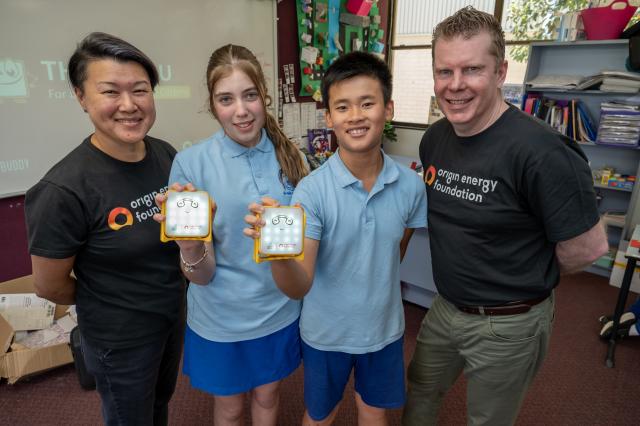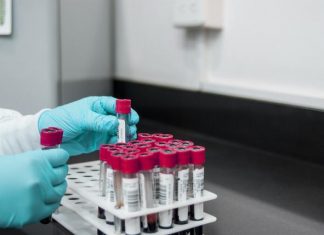To help address energy poverty on a global scale, 96 students from Cairnlea Park Primary School have been busy building solar-powered lights for remote Papua New Guinean communities living without electricity.
Teaming up with the Origin Energy Foundation and Australian charity SolarBuddy, grade 6 students participated in the Lights for Learning Program, building approximately 50 solar lights.
The aim is to create new opportunities for children living in energy poverty in Papua New Guinea, where only 13 per cent of the population has reliable access to electricity as reported by SolarBuddy.
The lack of electricity in PNG has severe consequences, with 38 per cent of children under the age of eight unable to read or write, largely because of a lack of lighting after dark, hindering their education opportunities.
Cairnlea Park Primary School Engagement and Transition Coordinator Natalie Roach said the partnership allows students to learn from Origin Energy employees while also learning about electricity as part of their science unit.
“We were keen to participate in the Lights for Learning Program as it is hands-on meaningful learning that allows our students to be global citizens and help others not in our local community,” she said.
“Normally we just turn on a switch and light appears, now our students are understanding the science behind it. They also find it purposeful that something they are building will help someone less privileged to have their ability to use this light because of something they have made themselves.”
Head of the Origin Energy Foundation Michelle Zahra said since this initiative began five years ago, more than 9,000 Australian students and their teachers have helped deliver more than 10,000 lights.
“With the introduction of SolarBuddy lights, children in PNG are studying 78 per cent longer and reliance on kerosene and other dangerous fuels has been reduced by 8 per cent,” she said.
“Since these fuels are also the single biggest expenditure for households, that money can now be spent on food, health and education.








